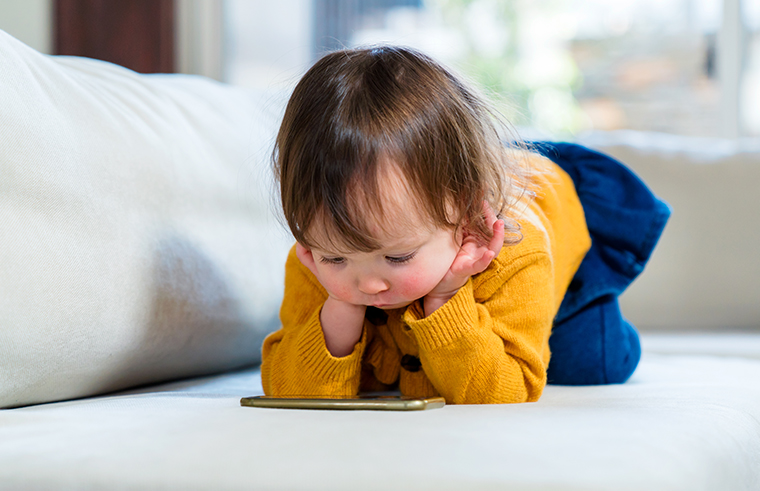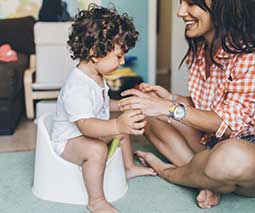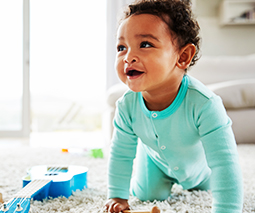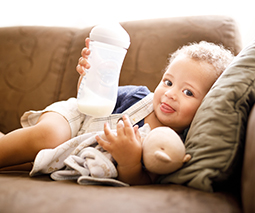New study finds link between preschoolers’ brain development and screen time

New research has confirmed that the brains of preschool-aged children are impacted by how much time they spend using a screen.
Brain-changer
The study was just published in JAMA Pediatrics and it has revealed that children who have more screen time appear to lag behind their non-screen watching counterparts in some key areas.
“Children who have more screen time have lower structural integrity of white matter tracts in parts of the brain that support language and other emergent literacy skills,” Science Daily reports.
“These skills include imagery and executive function – the process involving mental control and self-regulation. These children also have lower scores on language and literacy measures.”
The study was small – they looked at 47 healthy children aged from 3 to 5 years – and much more research needs to be done.
That said, the researchers are worried about the marked differences between kids who use screens more heavily and those who didn’t.
Dr John Hutton of Cincinnati Children’s Hospital was the lead author of the study and he says we need to know much more about what screens might be doing to developing brains, and whether screen use is putting kids at a disadvantage developmentally.
“Screen-based media use is prevalent and increasing in home, childcare and school settings at ever younger ages. These findings highlight the need to understand the effects of screen time on the brain, particularly during stages of dynamic brain development in early childhood, so that providers, policymakers and parents can set healthy limits.”
Screentime linked to developmental differences
It’s important to note that this research has found an association between screens and these brain differences, rather than coming right out and saying that screens are the cause.
“While we can’t yet determine whether screen time causes these structural changes or implies long-term neurodevelopmental risks, these findings warrant further study to understand what they mean and how to set appropriate limits on technology use,” Dr Hutton explains.
So while researchers keep digging into what these findings mean, parents are advised to comply with official recommendations when it comes to littlies’ screen use.
In Australia, the recommendation is that children under the age of two have ZERO screen time.
This ‘association’ is just one more reason to try and uphold that.









